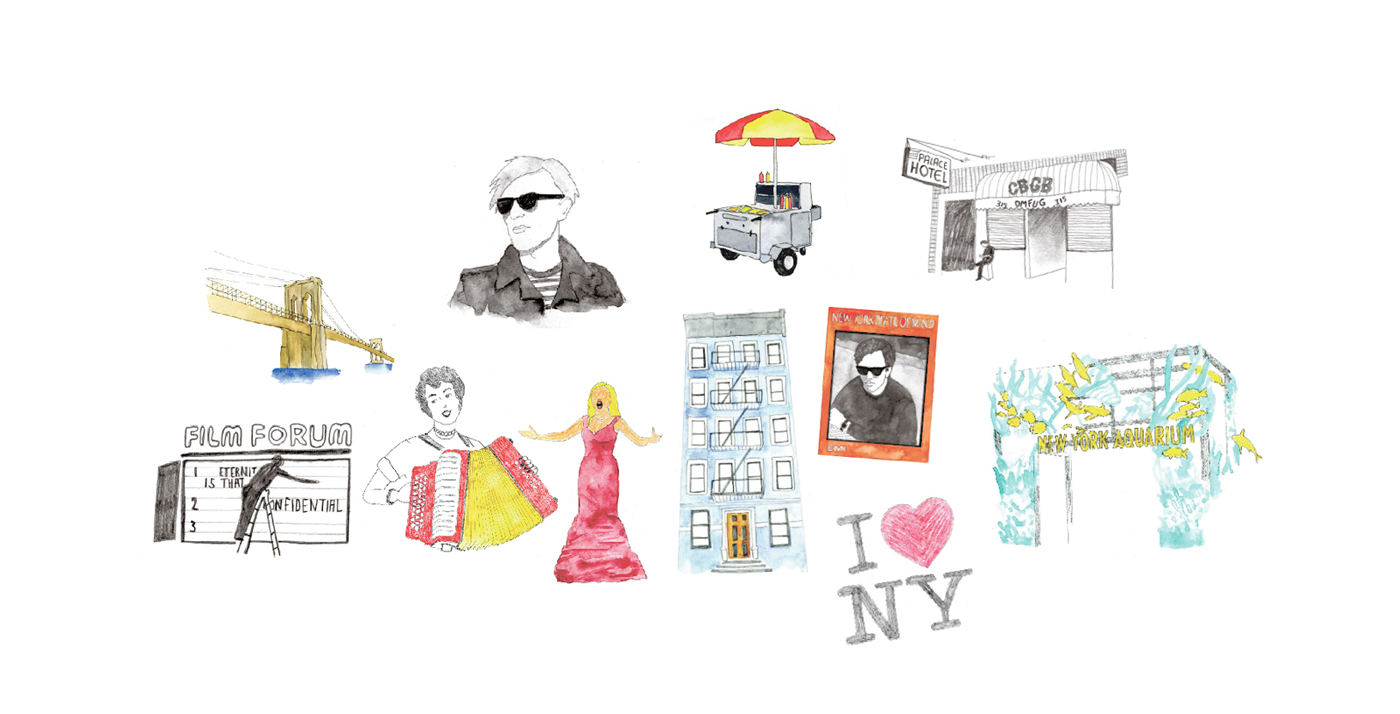
Global Issue
Global Issue: Editor’s Letter
Editor’s Letter
John Fraser
The Michelin-starred chef has a story to tell you through his cooking
Pundy’s Picks for Conscious Travel
Six tips for considered and conscious travel
Genmaicha Martini Recipe
The classic martini plus the health benefits of green tea
The Spread Love Project by Nicholas Konert
How Nicholas Konert’s rainbow heart design became an international icon
Wade Davis
Anthropology is the antidote to today’s nativism says the scholar and author
Carla Sozzani
The future of retail according to the founder of legendary concept store 10 Corso Como
The Art of Migration
The power of art to inspire empathy and social action
John Pawson
Zen Buddhism and minimalist purity drive the celebrated architect
Amy Duncan
As the CBD line Mowellens expands into skincare, its founder shares the personal story behind her company
Sila Sveta
Moscow’s favorite media studio finds the perfect balance between art and commerce
David de Rothschild
In his calls for environmental awareness, the modern explorer finds harmony between man and nature
Can Fashion Be Sustainable?
Shaping a better world through what you buy – or don’t
Brendon Babenzian
Supreme’s former creative director wants to end the cycle of consumption with his new brand Noah
Lily Kwong
Nature invades the urban jungle in the landscape designer’s expansive projects
House of Yes
Behind the scenes with the Bushwick nightlife collective promoting inclusivity and consent culture
Vivie-Ann Bakos
DJ Extraordinaire
Chez Dede
A medium in which two world-traveling, adventurous spirits absorb the globe’s vast curiosities and share them freely
Jesse Israel
A meditation guide for extraordinarily large groups
Liya Kebede
The Ethopian model, activist, and entrepreneur uses her label Lemlem as a force for change

Is there any city besides New York where its residents are so constantly and acutely aware of their geographical status? Not a day goes by where it doesn’t occur to me at one point that I’m a New Yorker. I’m convinced there are men and women inhabiting cities all around the globe leading full, fascinating lives, which never involve the strange, diurnal revelation, I am a Cincinnatian! or Here I am, a citizen of weird and wild Dusseldorf! What is it about New York that brings on such provincial self-awareness? Narcissism, maybe (one does not simply move to New York; one envisions themselves here, often years before they arrive, tumbling in the currents of its myths and possibilities). But the answer might be simpler: it is hard, arduous work to claim New York as home. I have been thinking a lot about the obsessive mind game of New York lately. And most friends I know over the age of 35 have as well: is it still worth its price?
Is it the Promised Land we all believed it to be from every movie and book and photograph of Andy Warhol we studied with pornographic excitement in our youth? How many more underground clubs, or after-hours parties on Brooklyn rooftops, or dinners set for seventy in Upper East Side penthouses, or gallery openings, or rainy afternoons at Film Forum, or nights struggling to pay the monthly rent check can we withstand without somehow wondering if we’ve lost the thread—or, worse, pulled it so hard the whole weaving’s come unraveled? I moved to New York in 1996 for college, and in those first days and years, living on the border of the Upper West Side and Harlem, I was perpetually and embarrassingly dumbstruck by the most ordinary details. The sidewalks actually sparkled at night. Musicians played accordions or cellos or xylophones at 2 am on the platform of the 1/9 subway.
It was possible in a single evening to eat Thai food at a restaurant where aspiring opera singers sang, watch a guitarist fall off a stage in an East Village bar that might at any moment be raided by police, avoid a near mugging, kiss a Chilean who either modeled or cater-waited and likely would be back in South America in a month, eat a dollar pizza, watch dawn fossilize the skyline, and land in bed with a high sense of mortal accomplishment.
That’s called being young in New York, and I know some who at seventy remain this young (I don’t want to see their livers; I do want to see their apartments). If I tied a string to every apartment in the city where I’ve lived in the past 19 years, it would look something like one of those god’s eyes made with yarn and sticks at summer camp: I keep venturing out and returning to the center.
Some of those apartments were extraordinary finds: a Tolkien-size stucco cottage hidden in a garden behind an apartment building on West 12th Street not far from the Hudson River. Others might require years of therapy to extirpate from my mind: a fifth-floor sublet on Pitt Street on the Lower East Side that came with a psychotic, drug-fueled roommate who, days before my self-eviction, masturbated in my underwear drawer.
But I told myself that even the worst experiences and most questionable conditions were all part of the challenge of living here, the toughening of character that certified me as a deserving member of the New York populace. For many years, if I left the city for more than four days, an anxiety would creep over me: what am I missing? How soon can I go back?New York isn’t what it used to be—it’s an old complaint, but there’s no denying in the past decade that the chorus has overtaken the lead singer with this dirge.
Neighborhoods are dying, or rather merging into a single neighborhood that looks partially like a university campus and partially like an airport shopping mall. Almost once a week I receive a similar text from a different friend: I can’t live here anymore. Or how much is the rent on a Silverlake apartment? Or I could edit this music blog in the Catskills. Want to drive up for the weekend and not come back? These are messages from people who have lived here far beyond the honeymoon. I have too. But this is the hidden logic of New York: you come here young and it makes you; if you stay into adulthood, you can make it. I don’t mean that you can physically remold it or protest outside the former CBGB’s for the rest of your life or decide that everyone under the age of twenty-five is trespassing upon the graves of Frank O’Hara and Lou Reed. I mean, an adjustment not only in expectations, but in horizon lines. Or, rather, this is what I mean: New York isn’t a real place. It never was. It’s a mirage or a fantasy built collectively and in private. It is, to misappropriate Billy Joel, a state of mind. And like any state of mind, especially for all the volatile, ambitious aspirants and seekers who land here, it fluctuates day by day.
It is awful. It is wonderful. It is soul sucking. It is soul enriching. It’s too crowded. It’s not diverse enough. Yes, it is all of these things, every single one. It’s your mood reflected and refracted across eight million people and across four-hundred- and- sixty-nine square miles. For me, I’ve adjusted in my own way. As I’m quickly approaching forty, I’ve given up the 5 am curfew. I’ve learned to find a strange, romantic beauty in the mornings, in the gray glare off the hosed sidewalks at 7 am as the early commuters drift westward toward the subway. I’ve changed the soundtrack from angry rock to classical piano. I go to the galleries on weekday mornings instead of the open-bar openings on Thursday nights. Where I used to imagine nothing more fulfilling than a party in the guts of a warehouse in Bed-Stuy, I’m extremely interested in checking out the Aquarium in Coney Island. I don’t expect this to be everyone’s remedy, and there’s always, eternally, a party somewhere that will let you through the door. But survival here has to involve more than stimulating the most superficial nerves. In one of its most surprising transformations, New York might actually be the perfect place to be both a little bit crazy and to settle down.
Art & Culture
The power of art to inspire empathy and social action
Zen Buddhism and minimalist purity drive the celebrated architect
Moscow’s favorite media studio finds the perfect balance between art and commerce
Behind the scenes with the Bushwick nightlife collective promoting inclusivity and consent culture
DJ Extraordinaire
A medium in which two world-traveling, adventurous spirits absorb the globe’s vast curiosities and share them freely
A meditation guide for extraordinarily large groups
Experiences
Moscow’s favorite media studio finds the perfect balance between art and commerce
In his calls for environmental awareness, the modern explorer finds harmony between man and nature
Behind the scenes with the Bushwick nightlife collective promoting inclusivity and consent culture
DJ Extraordinaire
Food & Drink
The Michelin-starred chef has a story to tell you through his cooking
Six tips for considered and conscious travel
Personalities
Style
The classic martini plus the health benefits of green tea
How Nicholas Konert’s rainbow heart design became an international icon
As the CBD line Mowellens expands into skincare, its founder shares the personal story behind her company
Nature invades the urban jungle in the landscape designer’s expansive projects
The Ethopian model, activist, and entrepreneur uses her label Lemlem as a force for change

